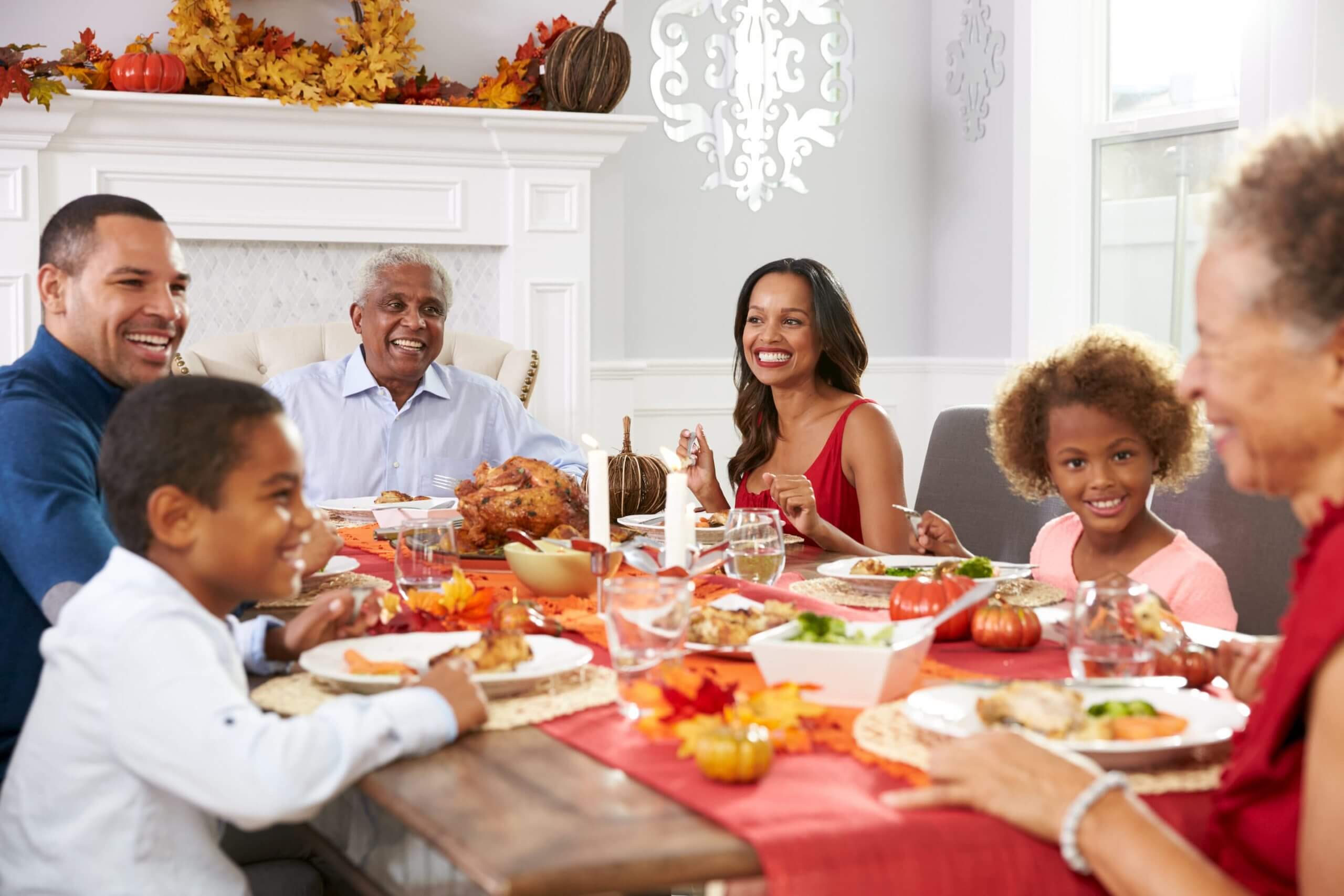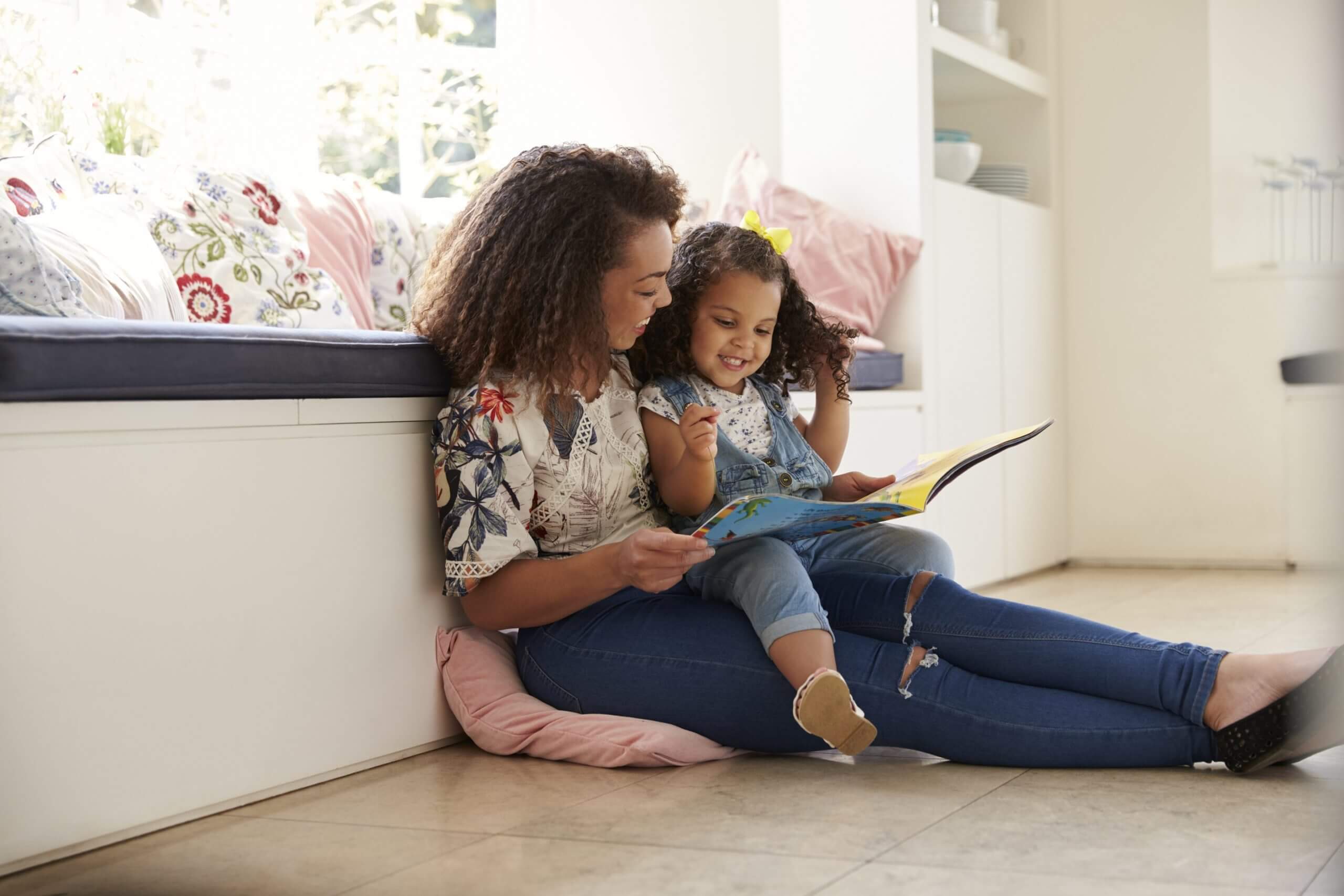Whether it’s a choosing to pay for the breakfast of the person in line behind them, helping a neighbor with some outdoor chores, or simply sitting down and talking to someone who seems lonely, a random act of kindness can go a long way. #RAKWeek teaches us that we all have the ability to do something small to make our community a better place, and you can teach this message to your children simply by participating.
Defining Kindness for Your Family
People define kindness in different ways. For some people, being kind is something you are, and for others being kind is something you do. For the Random Acts of Kindness Foundation, being kind is exhibiting a number of positive qualities, including respect, gratitude, and helpfulness.
Use #RAKWeek to talk with your children about what kindness means and how to show to kindness to others. For your younger children, you can use activities to get them thinking about kindness, such as:
- Ask them who they think is a good example of kindness, and have them to explain why. Turn it into an activity by drawing with your child a picture showing why they are grateful for that person and send it to them.
- Read a book about kindness together. Good examples include Last Stop On Market Street by Matt de la Pena and Somebody Loves You, Mr. Hatch! by Eileen Spinelli.
For older children, talk about what kindness can mean in a broader sense. Some questions you can use to start a discussion could be:
- How can one person be kind to a group of people at one time?
- How can an act of kindness have a positive impact on an entire neighborhood, or school?
- What group of people do you think you are best able to help? Why?
- What is one way you can show kindness on a daily basis?
Think of something that can be done to make a positive impact on others. Some examples include holding a penny drive at school for a local food bank, or even taking inspiration from The Buddy Bench and making an effort to sit or play with the children who are often alone.





